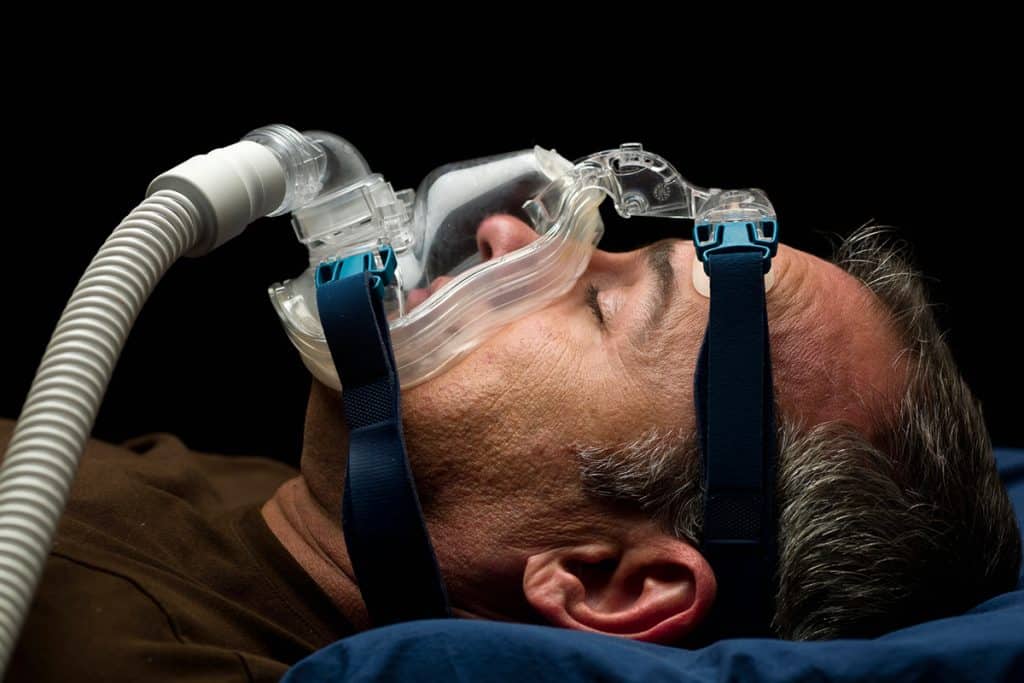How to Stop Snoring

Whether you are the one doing the snoring or the one trying to block out the loud nighttime disruption, snoring can prevent a good night’s sleep. It can also be a sign of an underlying health condition.
A low, soft snore or a loud, bellowing snore – what causes it? And how can you stop snoring?
What Causes Snoring?
When air can’t flow easily through the mouth or the nose while sleeping, snoring can happen. As you snuggle in bed, the tissues in the throat relax and vibrate as you sleep. Sometimes the tongue blocks the airway. Is it really cause for alarm?
Snoring can be caused by a number of factors, such as having a cold or allergies, consuming alcohol, being overweight, your sinuses, enlarged adenoids, and so forth. These things aren’t usually too concerning as they are often temporary.
Symptoms of Obstructive Sleep Apnea
Everyone will snore at one time or another, but for those who snore regularly, sometimes there is an underlying condition known as obstructive sleep apnea (OSA). This is not always the case, but if the snoring is associated with the following symptoms then you may want to seek treatment:
- Restless sleep
- Waking up tired
- Daytime sleepiness
- Morning headaches
- Night sweats
- Difficulty concentrating
- Moodiness
- High blood pressure
- Urinating often in the night
- Waking up gasping or choking for air
- Forgetfulness
OSA means waking up many, many times throughout the night – with the brain telling you to breathe because the airway is obstructed. This unrestful sleep can lead to a rough morning. Thankfully, there are things you can do to minimize it.
How to Stop Snoring
There are many different things that can be tried to reduce snoring. For instance, try sleeping on your side, rather than your back. Or, lift your head by using a second pillow. Quit smoking and limit alcohol consumption. Try using sticky nasal strips on your nose.
Finally, visit your dentist. That’s right – there is a very valuable connection between your snoring and dental treatment that may be the most beneficial option.
Snoring and the Dentist: What’s the Connection?
It makes sense that no one knows the inner workings of your mouth like your dentist does. So, when you realize you have an issue with snoring, it is a good idea to talk to your dentist. Not only could you be suffering from OSA, but breathing all night with your mouth open presents its own problems for your oral health. Your mouth will be dry, making it an open festival for bacteria that can lead to decay, gum disease, and bad breath.
Oral appliance therapy (OAT) can give you an opportunity to sleep better at night by opening the airway. Not only will it minimize your snoring, but it will also lead to a much more peaceful sleep.
Oral Appliance Therapy at Dental Partners of Vero Beach
At Dental Partners of Vero Beach, we understand how much a good night’s sleep matters to your quality of life. We have an oral appliance that can help you sleep well, protect your oral health, and wake refreshed every single day.
To learn more or to schedule an appointment, contact us at 772-569-4118.
The post How to Stop Snoring appeared first on Dental Partners of Vero Beach.
